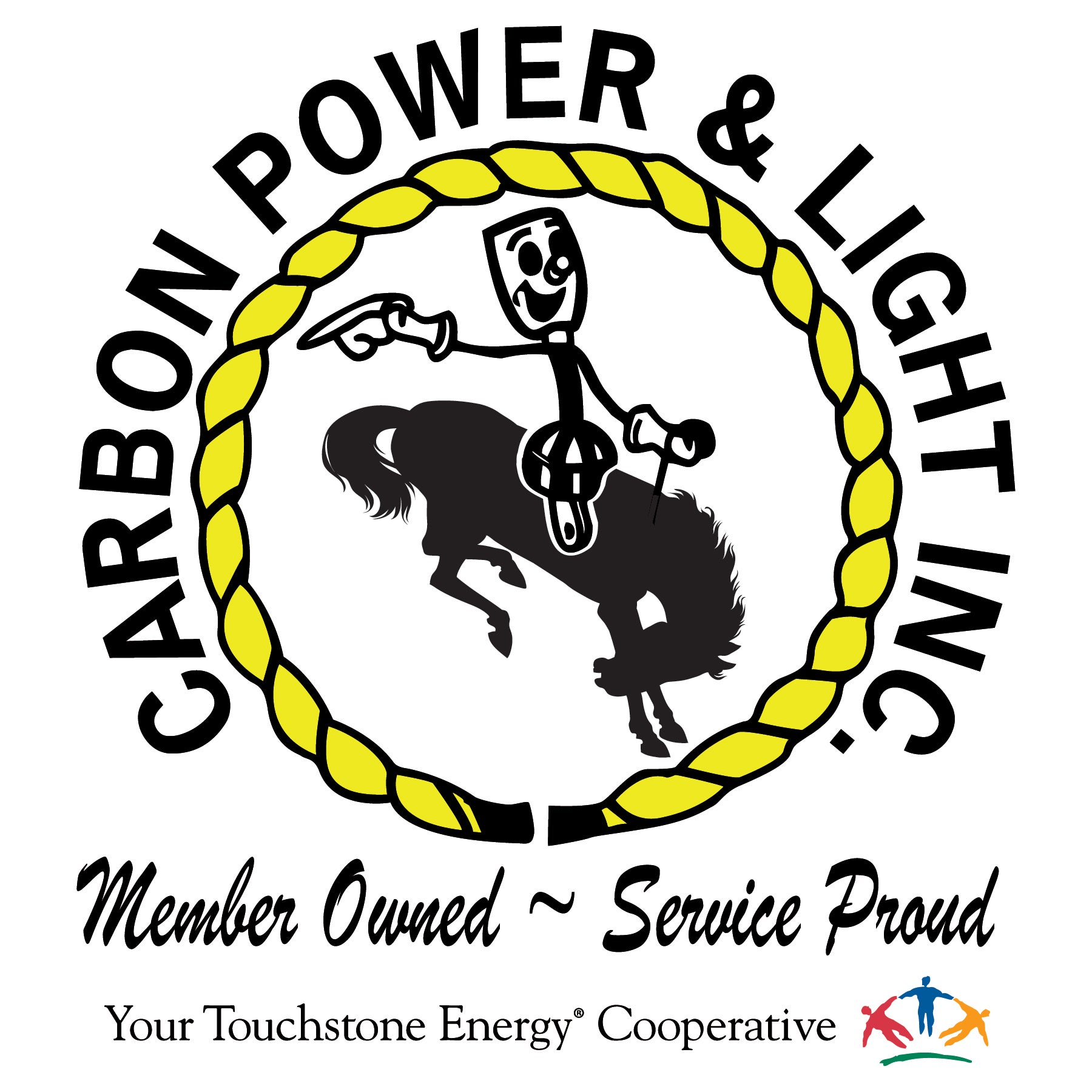Capital Credits Explained
What are capital credits?
The difference between a cooperative such as Carbon Power & Light, Inc.(Carbon) and an investor-owned utility is that a cooperative is owned by the member-customers it serves. As a member-owner, you share in the margins of the co-op. At the close of each fiscal year, all revenue received in excess of expenses is allocated back to the membership in the form of capital credits. This allocation is based on the amount of electricity purchased during the same year.
A list of UNCLAIMED CAPITAL CREDITS is published each April in the WREN magazine.
When are capital credits paid back to members?
Capital credits are paid back to the members when authorized by Carbon's board of directors. Each year, at one of their monthly meetings, the board analyzes the financial condition of the cooperative and the possibility of a capital credit retirement. Any decision they make to retire (refund) capital credits is based upon the financial condition of the cooperative.
If the board decides to retire capital credits, they will authorize the retirement of a particular year or a percentage of a year. Upon the board’s authorization, the cooperative will first hand out these checks at the Annual Meeting. Any checks not claimed at the Annual Meeting will be sent by mail to the last known addresses of those members who had service with Carbon during that year that is being retired.
What happens in the case of a deceased member?
The Carbon bylaws provide for an early retirement of the capital credits of a deceased member to his or her estate. Representatives of a deceased member’s estate must contact the cooperative and supply the necessary legal documents before a refund can be made. No early retirement of capital credits is allowed in the case of dissolution of a corporation or partnership.
How does a member know the amount of his or her capital credits?
Each member has a separate capital credit account, which represents the member’s ownership in the cooperative. When capital credits are allocated at the end of a year, all members who received electric service during that year will receive an allocation notice shown on their bill showing their current year’s allocation and the outstanding balance of all years’ service.
What if a member of a joint membership is deceased?
Upon the death of either spouse in a joint membership, the name of the deceased person is removed from the membership and the membership is then held solely by the surviving spouse. A joint membership is not eligible for an early retirement upon the death of one of its members.
What if a member had a bad debt with the cooperative?
If a member leaves a bad debt on his or her account when service with Carbon is discontinued, any capital credit retirement the member would be eligible for will automatically be applied to the bad debt until it is paid in full.
What should a member do if he or she moves from our service area?
The member should inform our office of any changes in his or her mailing address. It is a member’s responsibility to make sure the cooperative has up-to-date address information at all times. Each year, many checks are returned to the cooperative with invalid addresses.
What happens to those checks which are returned to the cooperative?
The checks that are returned to the cooperative are held for two years. After two years, the names of those members are advertised in Carbon Light Lines in the WREN magazine in an effort to locate them.
What does the cooperative do with unclaimed capital credits?
At the present time, some of the unclaimed capital credits are being used to finance Carbon's scholarship program for student/dependents whose parents or guardians are members of the cooperative.
We do not have any means to claim capital credit checks online. For any questions you have about Capital Credits, please email info@carbonpower.com or call the office at 307-326-5206.


